Anyway, of the half-dozen aircraft I got from Scotia Grendel I decided that the LAGG-3 would have the dubious honour being my very first 1/300 scale victim. The Lavochkin-Gorbunov-Gudkov LaGG-3 was a Soviet design constructed almost entirely from wood-laminate and in 1941 it was considered to be one of the Red Air Force's most advanced fighters. Unfortunately it seems that that didn't mean all that much in the face of opponents like the Me-109 and it proved unpopular with pilots.
My interest in this plane is derived from the fact that Finland operated 3 captured examples of this fighter. Though as far as I was able to determine the captured LAGGs didn't particularly distinguish themselves as I can only find one mention of a 'kill' made by one of them (which is particularly poor considering some of the impressive talleys scored by the tenacious Finns in even older and technically obsolete aircraft).
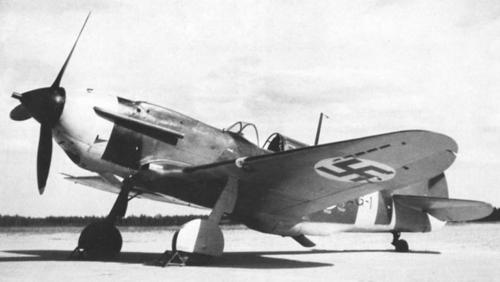 |
| Source: Wikipedia |
The Scotia Grendel model
At 1/300 scale I don't suppose I was expecting much in the way of detail, much less so as the model is made using my nemesis medium - white metal! And - quelle surprise! - this model didn't change any preconceptions I had.
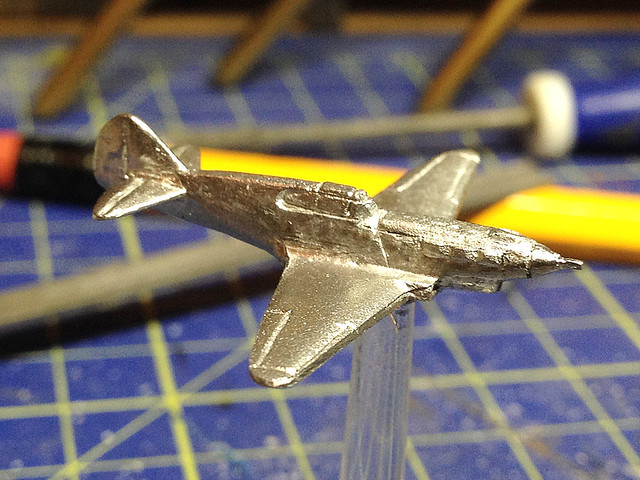 |
| Looking decidedly more P-40 than LAGG-3 I think this plane has been on a diet! |
Even though it is small I was still a little disappointed in some of the apparent inaccuracies. For example, one of the most noticeable features is the wing shape, here Scotia Grendel just seem to have got it plain wrong. Though this may, in part, be to do with the amount I ended up filing off the trailing edges in order to make the overall shape of the main wings symmetrical. (So you will have to decide - fatter asymmetrical wing profile, or thinner symmetrical profile!)
As a tabletop wargame marker I think it's quite important that the wing silhouette is as accurate as can be - given that is the most readily identifiable feature of these tiny models as you look at them from above and at a distance.
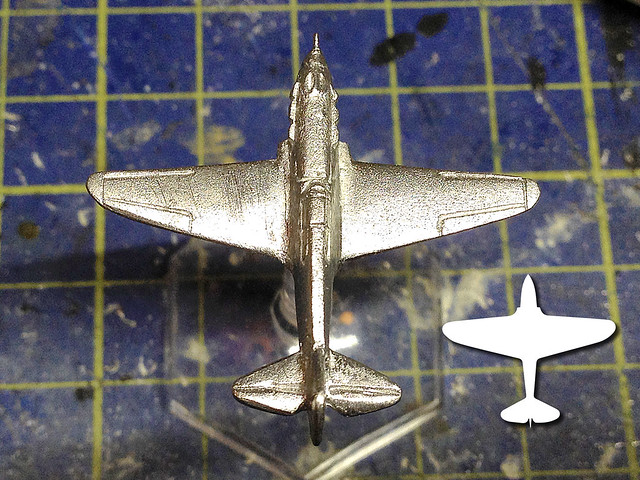 |
| The top-down profile. Inset is the correct profile, having cleaned up the model's wings for symmetry they are now too straight and narrow towards the tips. |
 |
| Source: Wikipedia |
There were other tiny gaffs too, which I could list but I'll let the accompanying photos - and the reference pictures - speak for themselves. I don't really want to start out my 1/300 scale enterprise by heaping a load of criticism onto a type of model I have very little experience of - after all, as these are my very first examples of the scale I have no idea if the quality is the 'norm'. (Not for the first time recently I have had to remind myself that a model I am dealing with was made with wargaming - and not display - in mind).
Anyhoo. As I am really using this particular aircraft model as a test model - as I work out strategies for working with the scale - I am prepared to wright this one off to a certain extent. I got to work doing what cleaning up there was with a fine file. There wasn't a lot of flash and the amount of pitting was acceptable and neither destroyed much detail so it doesn't take long to complete.
Next: In the next part I begin the painting of the model.
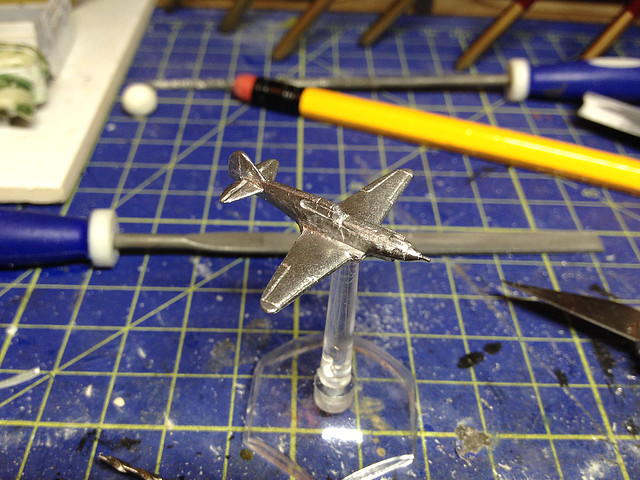
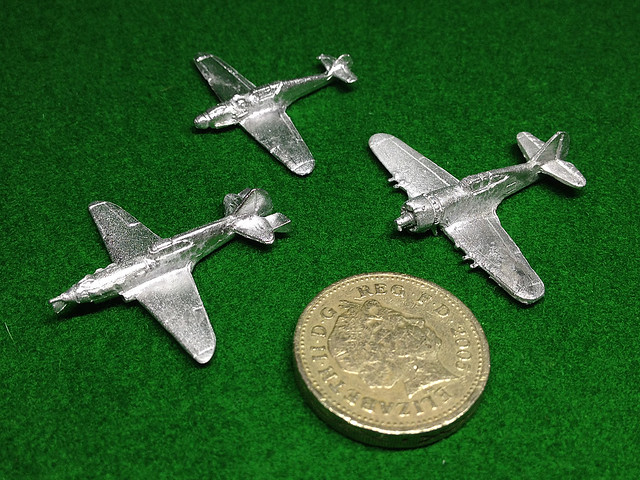
No comments:
Post a Comment